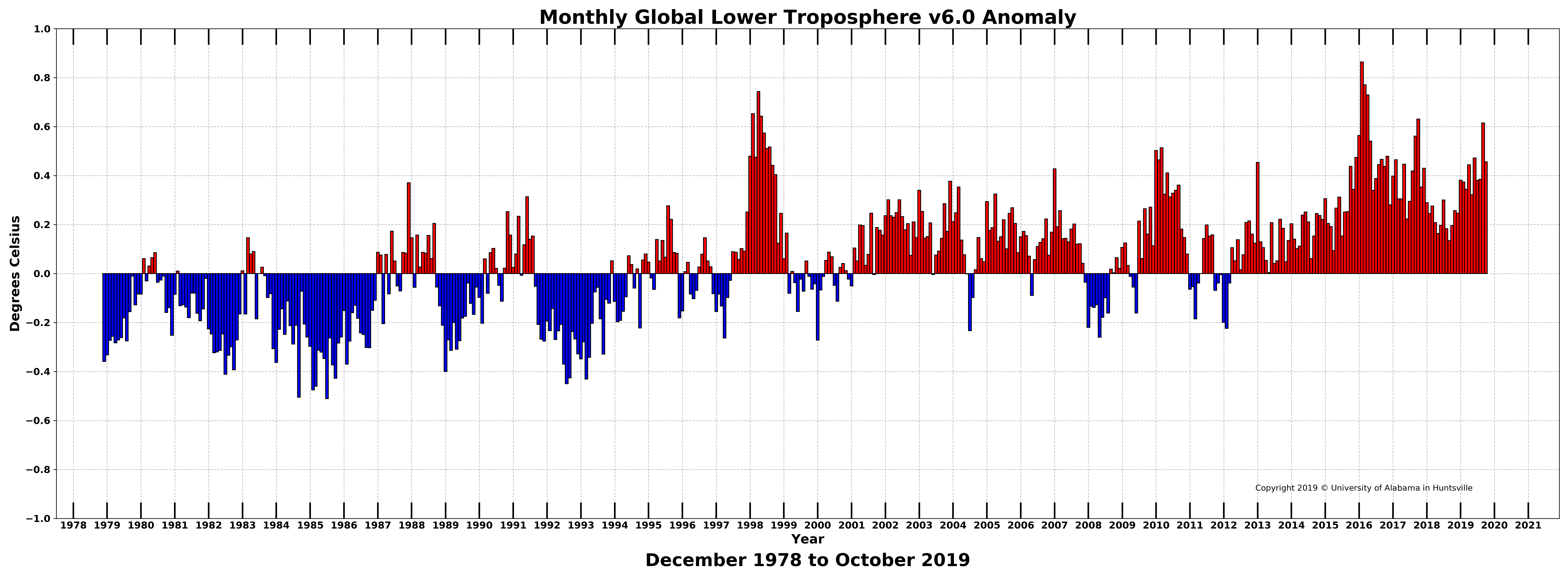Younger Dryas
Nimbostratus
Cloud formation may be linked to cosmic rays
https://www.nature.com/news/2011/110824/full/news.2011.504.html
https://coldclimatechange.com/winter-has-arrived-months-early/
https://www.nature.com/news/2011/110824/full/news.2011.504.html
https://coldclimatechange.com/winter-has-arrived-months-early/
Última edição:




 Será que vão fazer greve às aulas? Será que vai ser feriado nacional?
Será que vão fazer greve às aulas? Será que vai ser feriado nacional? 



